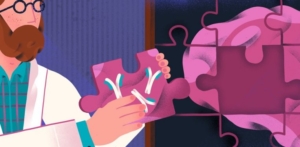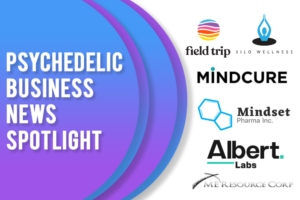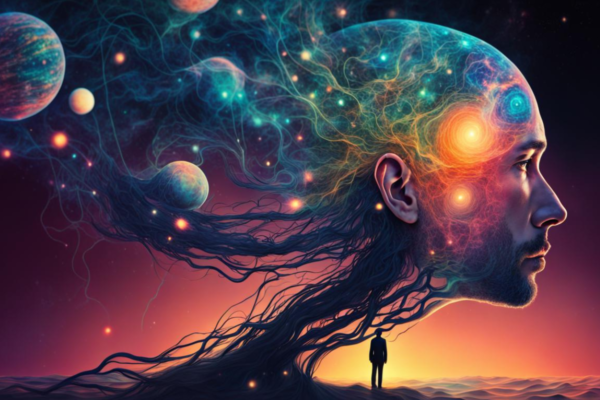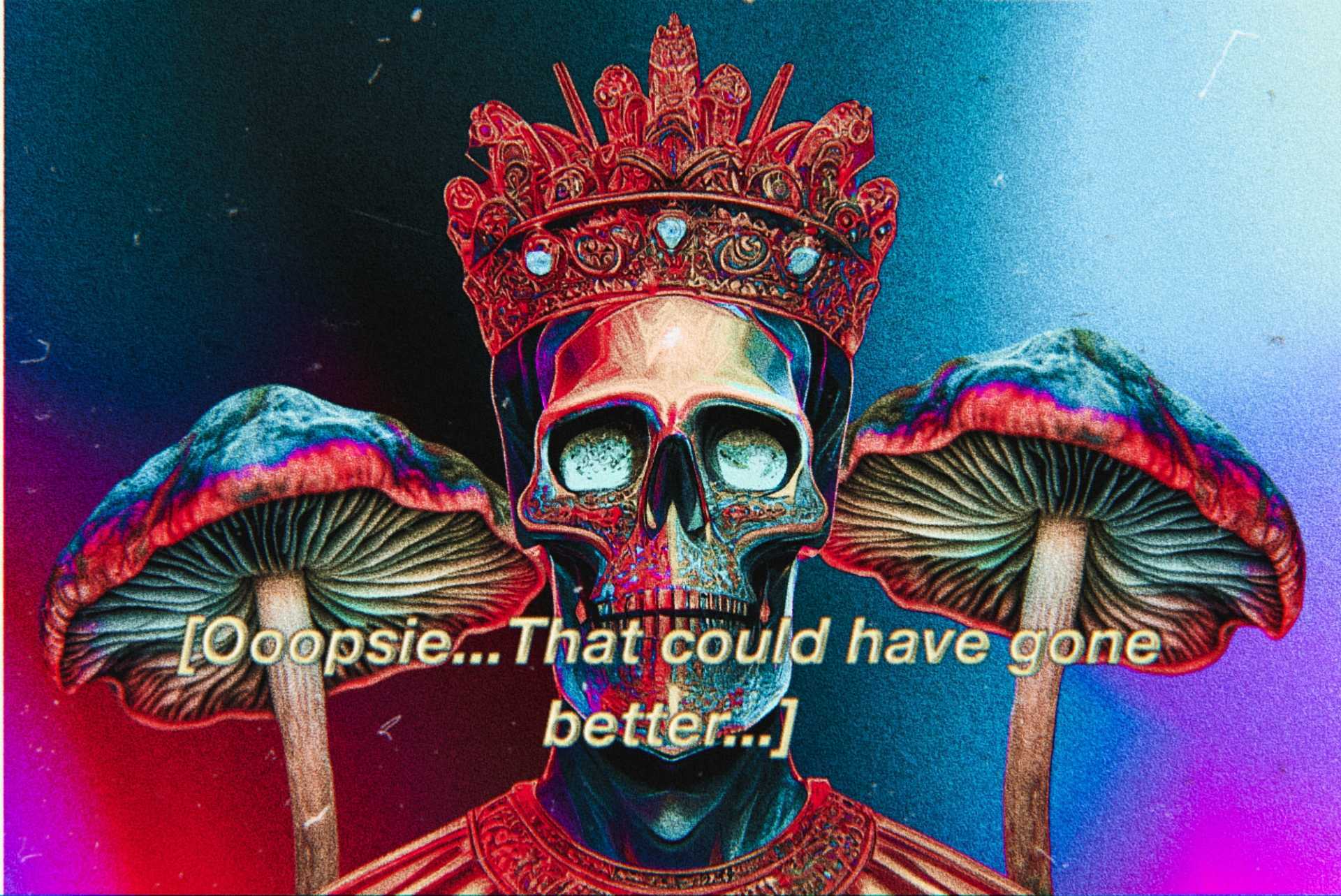
Neuroscientist, author, and well-travelled psychonaut Sam Harris, describes a memorably “bad” acid trip of his twenties during a 2011 podcast episode. After watching the sunrise in solitude, in a rowboat overlooking the Annapurna range of Nepal, Harris ingested 400 micrograms of LSD. What ensued was, to the author’s recall, one of the most harrowing experiences he could conceive of. Harris recalls his distressing experience:
“For the next several hours my mind became a perfect instrument of self-torture. All that remained was a continuous shattering and terror for which I have no words. An encounter like that takes something out of you. Even if LSD and similar drugs are biologically safe, they have the potential to produce extremely unpleasant and destabilizing experiences.”
Harris’s testimonial highlights an important point: as the psychedelic renaissance is upon us, it’s increasingly relevant to acknowledge the negative, as well as the positive states that LSD, magic mushrooms, and other psychedelics can induce. There’s still a great deal that we simply don’t know about how psychedelics can affect us. Why do some people have one of the most significant experiences of their life under psychedelics, while others are terrified by the ordeal?
As clinicians attempt to integrate psychedelic therapy into Western medicine, being able to predict how a person reacts to a psychedelic trip is a principal aim that can reduce harm in the long run.
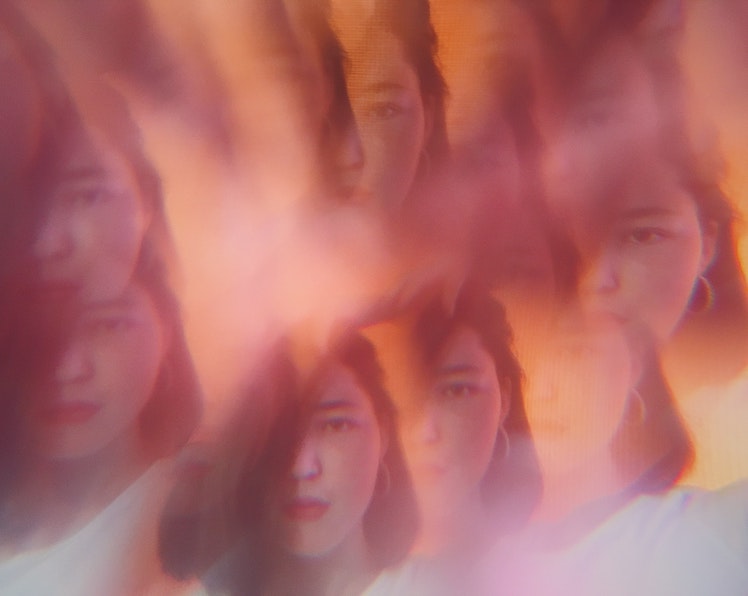
What is a Bad Trip?
“Bad trips” are memorable and unpleasant experiences while under the influence of psychedelics. Although the quality of these bad trips can vary from person to person, they are often characterized by frightening hallucinations, and feelings of panic, fear, and anxiety.
Modern psychedelic research has undergone stringent safety protocols; this careful procedure of intensive screening and preparation for each patient means there have been few participants (in a controlled lab-based setting) that have experienced the hell-ish kinds of trips that Harris talks about.
However, it is never a given that these psychedelic experiences will be 100% positive within a lab-based setting; participants may still undergo what Frederick Barrett and other researchers dub “challenging experiences”.
Moreover, psychedelics are not only just for the lab. The recent Global Drug Survey found that more people are ‘self-medicating’ with psychedelics to treat their mental health. Not only does this highlight that legislation is not catching up with the public’s perception of psychedelics, but also that more people are using psychedelics in less controlled settings, which opens people up to a range of different experiences. It’s likely that this group of people are going to have more turbulent trips.
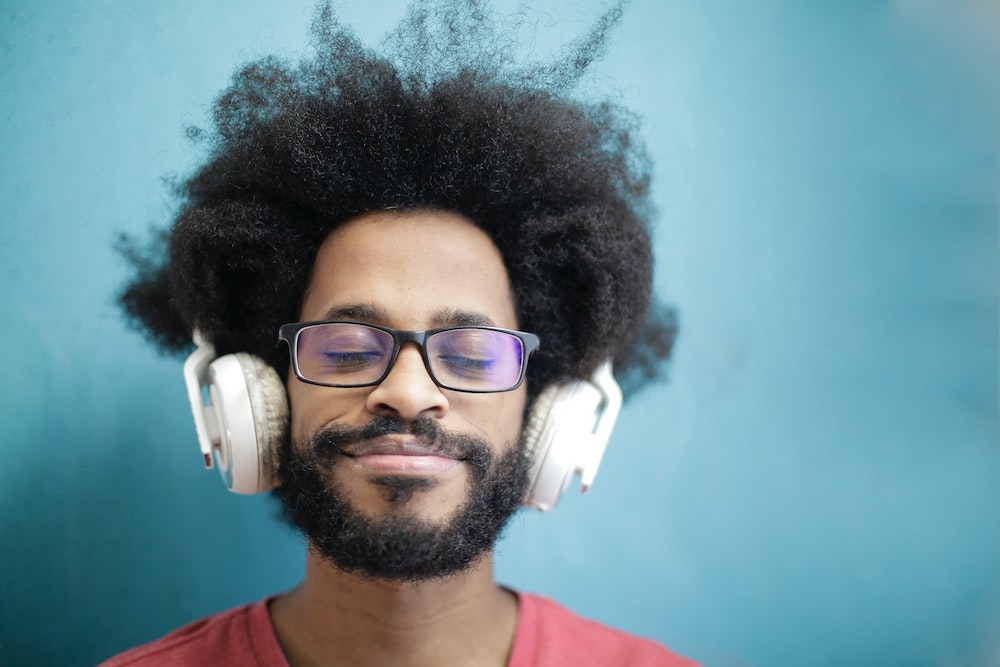
The Good and The Bad: How a Trip Can Affect You
In the most recent wave of psychedelic enthusiasm, it’s becoming increasingly apparent that optimizing the experience is key. Modern psychedelic research is continually finding that ‘positive’ psychedelic experiences are associated with greater mental health benefits.
For example, researchers in the psilocybin for depression study at Imperial College London found that the patients who had positive encounters with ego dissolution — the temporary loss of sense of self – during the psychedelic session had greater reductions in depression. Conversely, the patients that rated their encounters with ego dissolution as negative — experientially similar to panic and anxiety — had smaller changes in their depression.
This is a crucial reminder for researchers: the clinical outcomes of psychedelics seem to be experience-dependent. Positive experiences in the psychedelic state can lead to more profound changes in mental health. But bad trips may set you in a more negative direction. As Harris points out, “I believe I was positively affected by my good trips, and negatively affected by the bad ones, for weeks and months.”
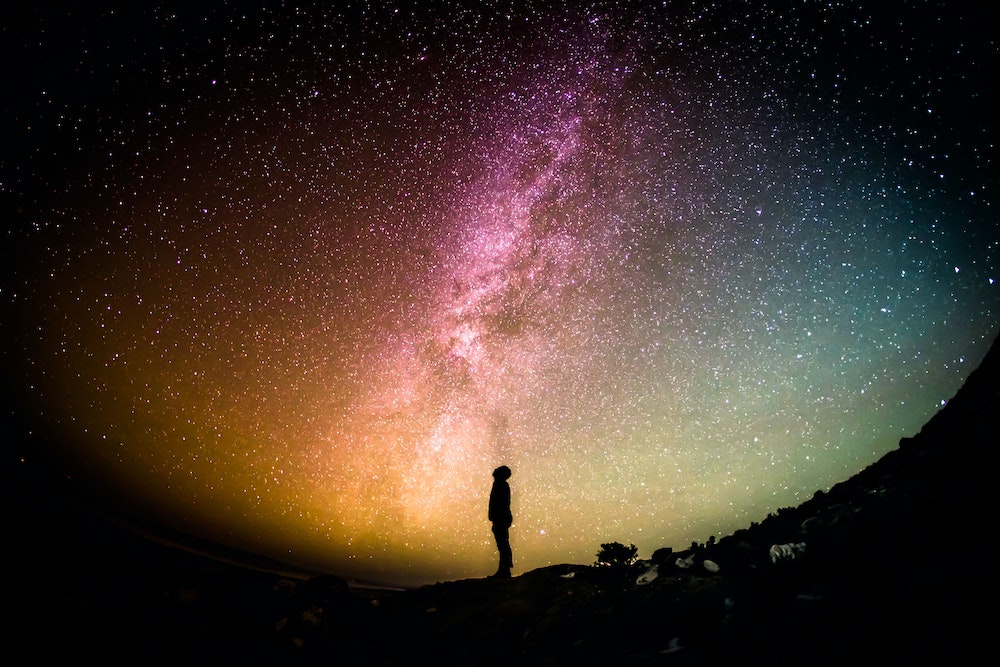
Psychedelic Responsiveness: Predicting Your Trip
Researchers and clinicians alike therefore realize that preventing these challenging experiences is of paramount importance. Encouraging these positive experiences, while minimizing the negative ones, will, in theory, have the most beneficial effect on a patient. But how do you predict how someone will react to a psychedelic?
Jacob Aday, and colleagues from Central Michigan University and Johns Hopkins, have recently tried to answer this question. In their paper, they outline some states and traits that may predict good and bad psychedelic trips.
Someone’s state refers to their current condition, while their trait refers to their personality. So, a person can be in a state of agitation as they’ve been irked by their third parking ticket that year. However, that same person will usually be collected and composed, as they have the personality trait of being calm.
Aday and his co-authors wanted to find out which of these states and traits may promote positive experiences, and inhibit negative ones. The researchers scoured the literature, and analyzed 14 previous studies that classified individual’s psychedelic encounters. Aday then highlighted the most pertinent characteristics and conditions that a person should embody to prevent a negative psychedelic trip.
In terms of personality traits found to be most predictive of positive “mystical-type” effects during the psychedelic session, the researchers found listed:
- Absorption: the tendency to become fully engaged in experiences, and
- Openness: a disposition towards accepting and embracing novelty
“…individuals with barriers or who are particularly preoccupied or apprehensive about the experience are more likely to have challenging experiences.”
However, the state of a person prior to the psychedelic experience also influenced the trip. Aday told Psychedelic Spotlight, “…individuals with barriers or who are particularly preoccupied or apprehensive about the experience are more likely to have challenging experiences.” These barriers may be feelings of confusion and distress. That is, when an individual has trouble surrendering to the psychedelic experience, psychological tension may cause these challenging experiences to emerge.
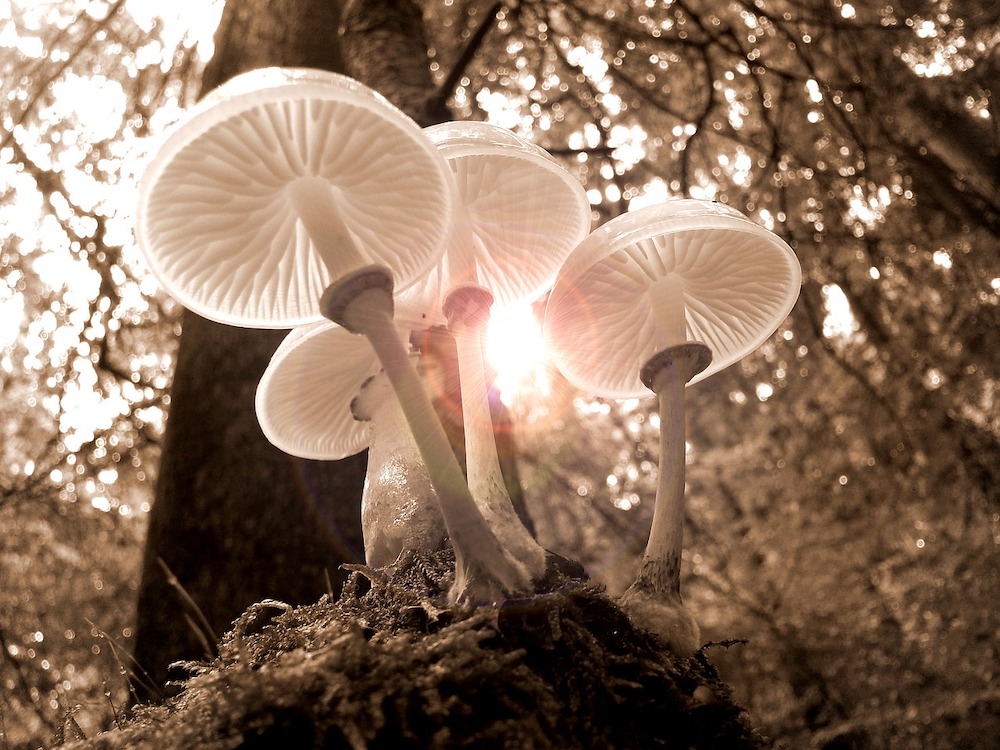
Psychedelic Guidelines
While these findings are preliminary, and based on small sample sizes, the research paves the foundation for a deeper understanding of how psychedelics can affect a person. If clinicians know that being open and accepting is a positive state to be in before a psychedelic trip, they can strive to promote this feeling in their patients beforehand.
Psychedelic trips are not all-or-nothing. There are, most likely, positive and (hopefully transient) negative experiences involved in every journey. Both anecdotal evidence research agree: be as prepared as possible.
Can You Avoid a Bad Trip?
A 2016 study found that proper screening, preparation, and support for patients can significantly reduce negative outcomes. This is also known as the correct “set and setting.”
“Set” is linked to the individual. Experts suggest that if you are currently going through severe mental distress or physical illness, or have a history of psychosis, it is better to either postpone taking psychedelics until you recover or refrain from using them entirely.
Can you prepare your “set”? Yes.
To prepare for a psychedelic experience, you can do things like learn about it, practice yoga or meditation to calm your mind and body, or talk to a therapist or guide beforehand.
The term “setting” pertains to the actual location where you consume drugs. To have the best chance of a good experience, you can optimize your approach by:
- Having your psychedelic journey in a location that is legal and feels physically safe.
- Being around supportive individuals ( trip sitters) can be helpful, including a qualified therapist, a knowledgeable guide, psychedelic facilitators, or friends who are in the appropriate mindset.
- Having comforting items, like art, flowers, spiritual tokens, pleasing décor.
- Ingesting foods like pumkin pie to help you boost your mood.
- Journeying in nature.
- Journeying in an uncluttered place with a couch or a bed.
Preparing well can help reduce the likelihood of a negative experience, and also equip you to manage it effectively if it does occur.
The question becomes different once you’re actually tripping. At this point, the question becomes ” Can You Stop a Bad Trip?”. The answer is also yes.
How to Stop A Bad Trip
Lean into the experience
If you encounter a psychologically challenging situation while on psychedelics, remind yourself that it was possible or even expected, and then confront it without hesitation. Don’t try to avoid scary thoughts, memories, or symbols. Instead, try to understand why they are scary and face them directly. This will assist you in overcoming the difficulty in the moment and achieving long-term benefits from the experience.
Change your setting
People on psychedelics can get easily distracted. To avoid overwhelming situations, a simple change of setting can often be helpful. If you’re indoors, step outside and take a walk, assuming it’s legally permitted. It’s recommended to go into a natural setting, even if it’s just a porch with a view of a tree or small garden. On the other hand, if you’re already outside, you might want to take a break indoors.
Changing your playlist or turning on soothing music can also do wonders.
The importance of mood enhancing foods cannot be understated. This is why we mentioned pumpkin pie above. Pumpkin pie has the capacity to reduce anxiety and increase serotonin production.
Many studies have shown that pumpkin seeds are a rich source of magnesium which can aid in relieving anxiety, stress, and promote a sense of calmness. Interestingly, over the last 50 years, there has been a significant decrease in magnesium consumption, whereas the rates of anxiety have risen considerably.
Moreover, according to NCBI, pumpkin seeds contain serotonin, which is an important factor affecting mental health and a possible target for pharmacological treatments. When feeling mentally stuck or fatigued, trying simple things like eating an orange, changing rooms, or altering your direction can help by providing your mind with a fresh environment to engage with.
You can also try changing your physical position or view to switch up your environment and give your mind something new to explore.
Talk it out or internally process your experience
If you’re struggling, communicate with those around you. It’s possible that all you need is some empathy or a little humor – it can be funny when people trip. Perhaps you need to acknowledge your fear and express it aloud.
If you’re in a clinical setting and experiencing psychedelic-assisted therapy, talking to your psychotherapist may help. However, if that’s not working, it suffices to tell them you need some time in silence.
Take control of your trip – Yes, you can do that
According to a study, shaping the narrative is a powerful way to manage your experience, and it applies both before and after the trip. To prepare yourself mentally, establish a vague goal for the journey and consider what you hope to achieve. Remember that this experience is part of your story, and you are the author.
According to the study, participants used different narrative methods to convert negative drug experiences into positive and useful ones. These techniques involved:
- Interpreting the experience differently
- Acknowledging and embracing it
- Discovering its significance, and
- Incorporating it into their lives ( though the last one is psrt of the post-trip integration).
To reframe the experience, one needs to shift their perspective and focus on the positive aspects of the trip.
To accept the experience, one should embrace the challenging emotions and sensations that came up during the trip.
To find meaning in the experience, one should explore deeper insights and lessons learned from the trip.
Finally, to integrate the experience into their life, one should incorporate the lessons and insights gained from the trip into their personal growth and daily routine.
Going through a bad psychedelic trip can provide valuable opportunities for personal growth. By examining and learning from the experience, you can gain more insight and wisdom.
This article was last updated on May 2nd, 2023.

